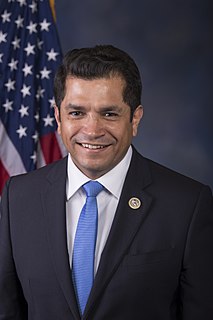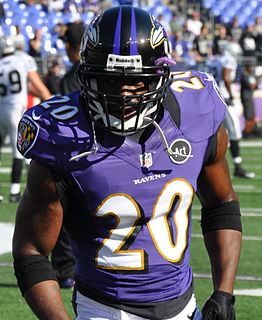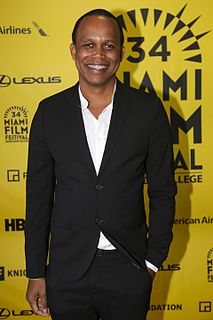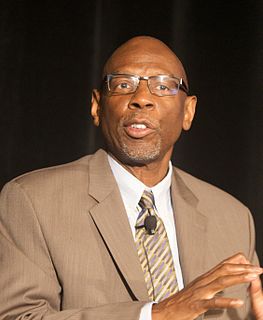A Quote by Bill Lipinski
Communities and neighborhoods are affected. Idling trains, traffic backups, grade crossing accidents and other safety issues all affect the quality of life in our neighborhoods.
Related Quotes
The schools that suffer are the schools in, in poor neighborhoods. They are the neighborhoods with the greatest need, with the parents struggling to work and to make ends meet. They don't have enough resources to give, they don't have enough resources to pay more, and these are the neighborhoods that go first.
We can build wealth in all our communities, value public education, plan for our neighborhoods, invest in housing we can afford and transportation that serves everyone, truly fund public health for safety and healing, and deliver on a city Green New Deal for clean air and water, healthy homes, and the brightest future for our children.
Especially in black communities, we've been so groomed to stay where we are and not like people in the other neighborhoods. It's crazy. It won't allow people to experience life and see what the world truly has to offer. People are stuck in their ways, stuck in their communities, stuck on their streets.

































